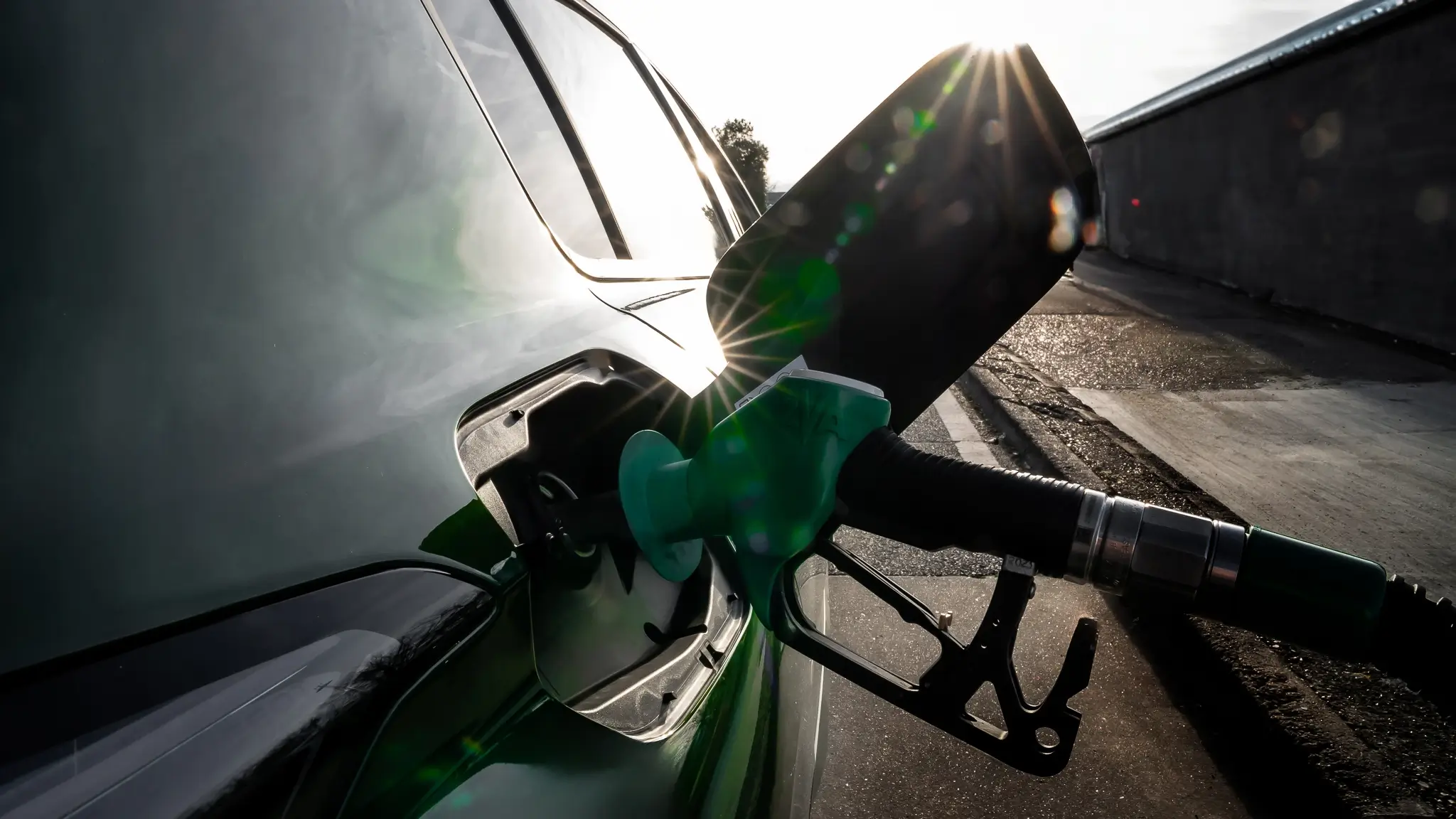
What is SP95-E10?
It became official a few days ago: SP95E10 will replace the current Eurosuper 95 from 1 January 2017 in Belgium. While this measure has already been in place in France since 2009, the news has now hit Belgium like a bombshell, and the debate on social networks seems to have started. Unfortunately, there's a fine line between information and stupidity, so I'm going to take a closer look at the problem.
What is SP95-E10?
SP95-E10 is a fuel made up of 10% ethanol and 90% petrol. Eurosuper, currently available at the pump, is a fuel made up of 5% ethanol and 95% petrol. Ethanol is obtained by fermenting sugar extracted from a plant (beet, sugar cane, etc.) or starch (wheat, maize, etc.). you probably already know it as bio-ethanol. Ethanol is a renewable energy source that reduces CO2 emissions by 60% compared with petrol (if you include all the transport from the production field to the petrol station), while offering a new outlet for agriculture.
And that's exactly why this fuel is being used. By 2020, Belgium intends to reduce CO2 emissions by using 10% renewable energy, which is why fuel containing ethanol will become increasingly common.
What's wrong with SP95-E10?
The problem with SP95-E10 lies mainly in its energy content, let me explain:
SP95-E10 contains only 90% petrol, so it has 1.7% less energy than Eurosuper. In theory, these figures should be taken with a grain of salt, bearing in mind, for example, that poorly inflated tyres lead to excess fuel consumption of around 2.worse still, while in France SP95-E10 was advertised as being cheaper than SP95, in Belgium it is advertised as being 1 to 3 centimes a litre more expensive.
But the real problem is not just one of consumption. SP95-E10 burns more quickly because of the ethanol, and on older engines (vehicles produced before 2008), SP95-E10 can lead to clogged fuel filters because of their low porosity.for even older engines, it can lead to corrosion and oxidation of certain metal parts in the carburetion system. This is unlikely to please old- and youngtimers, for whom the only solution is to switch to SP98.
Note: We will always regret the fact that SECA pumps offered oldtimers a fuel that was unheard of at the time: 99 octane, which was launched by SECA to compensate for the disappearance of leaded petrol (Super 98).lead prevented auto-ignition, making it more powerful and, above all, more reliable than its unleaded counterpart, SP98. 99 octane unleaded was therefore intended to equal Super 98 leaded petrol. Unfortunately, its higher price didn't appeal to the masses and the product was withdrawn from the market, which is why you can't find petrol with an octane rating higher than 98 in Belgium, France or Luxembourg.
What about chiptuning for SP95-E10?
On more recent engines, even if SP95-E10 is tolerated, performance is weakened, as we've already discussed, but there's another problem: knocking (auto-ignition). With chiptuning, we always recommend a high octane rating, as this reduces the risk of auto-ignition and gives more ignition advance. This increase in ignition advance has a positive impact on performance and also helps to reduce exhaust gas temperatures.
On any tuned petrol vehicle, we strongly advise against using SP95, or at least we create a less powerful programme in order to stay within tolerances. SP95-10 is even worse.if its energy capacities are even less efficient, the knocking noise also changes. The auto-ignition is therefore not correctly listened to via the probes placed on the engine. This therefore entails yet another risk.
Conclusion
The conclusion is very simple. More than ever, and whatever the situation, opt for a high-octane fuel (98 or 100 if you're driving through Germany). As well as offering better performance, this fuel is also more reliable, reducing the risk of auto-ignition.
The question we are entitled to ask ourselves, bearing in mind that the ultimate objective is to reduce CO2 emissions by 2020, is:
"Why offer this fuel at a higher price than its SP95 counterpart, when it has as many if not more faults than SP95?"
And that's not all. From an ecological point of view, switching to SP95-E10 does not drastically reduce CO2 emissions. In fact, the reduction in CO2 is not achieved by using SP95-E10 (because it consumes more, and therefore pollutes more) but by the shorter production and transport of ethanol compared with petrol. The real impact on the carbon footprint is therefore less than 5%.
So should you avoid SP95-E10? If you're thinking purely in terms of mechanics, then yes, as long as you can. This less efficient and more expensive fuel definitely has no benefits other than reducing CO2 emissions.
in this respect, if everyone rushes to use SP98 instead of SP95-E10, it would not be surprising if the government decided to add ethanol to SP98 as well, so that we no longer have a choice.
If you're looking for a more economical and environmentally-friendly fuel, we recommend that you read our FAQ on e85.